

Prof Stephany Griffith-Jones
Financial Markets Director at the Initiative for Policy Dialogue at Columbia University
Professor Stephany Griffith-Jones is an economist researching development finance – in particular, national, regional and multilateral development banks – and the reform of national and international finance from a development perspective. She is the Financial Markets Program Director at Columbia University’s Initiative for Policy Dialogue, Senior Research Associate of the Overseas Development Institute and Emeritus Professorial Fellow at the Institute of Development Studies, University of Sussex.
She has published widely, having written or edited over 25 books and many more articles. Her book Time for a Visible Hand, co-edited with Jose Antonio Ocampo and Joseph Stiglitz, was published by OUP in 2010, and her most recent book The Future of Development Banks (also co-edited with Jose Antonio Ocampo) was published by OUP in 2018. She advises many international organisations, including the European Parliament, World Bank, Inter-American Development Bank, various UN agencies and several governments. She tweets @stephanygj.


Making the UK a Citadel of Long-Term Finance

Lessons from European National Investment Banks Roundtable

The Case for a National Investment Bank
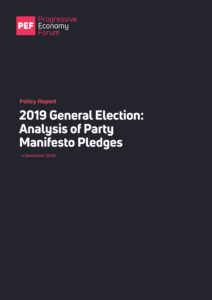
2019 General Election: Analysis of Party Manifesto Pledges
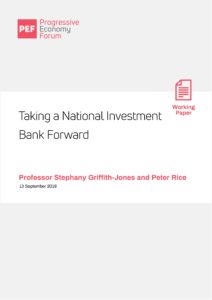
Taking a National Investment Bank Forward

The case for a National Investment Bank

10 Years Since The Crash: Causes, Consequences and the Way Forward

Interview with socialist Chilean President Gabriel Boric’s economic advisor, Stephany Griffiths-Jones
PEF Council member Prof. Stephany Griffiths-Jones is a member of Chilean President Gabriel Boric’s group of economic advisors. With Boric winning a resounding victory in the Chilean Presidential elections, we
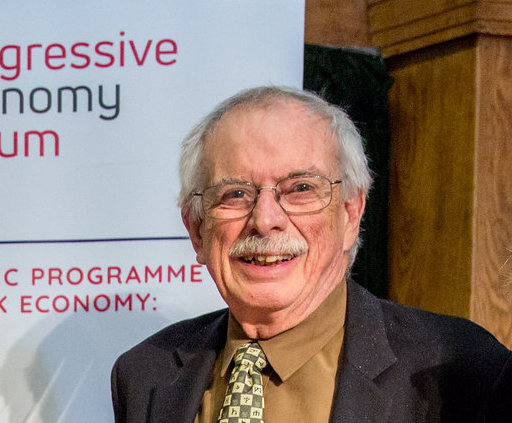
John Weeks – Obituaries and Tributes
” John Weeks was a rigorous and progressive academic economist, committed to good economic policy and political action; at the same time he was a very kind, supportive and loyal colleague and friend”
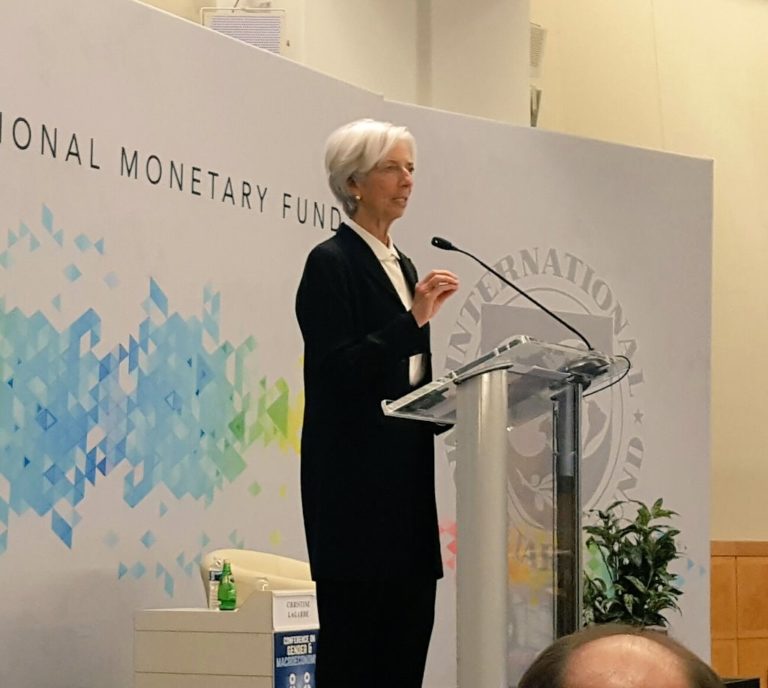
Urgent measures needed for the international financial system
The International Monetary Fund (IMF) should agree a rapid issuance of at least $500bn in international liquidity, in the form of additional Special Drawing Rights (SDRs)

A British National Investment Bank for the Climate Emergency
Professor Stephany Griffith-Jones and Dr Natalya Naqvi, write for the blog on the parties’ election pledges on National Investment Banks, making the case that such institutions ought to be pivotal in greening the economy.
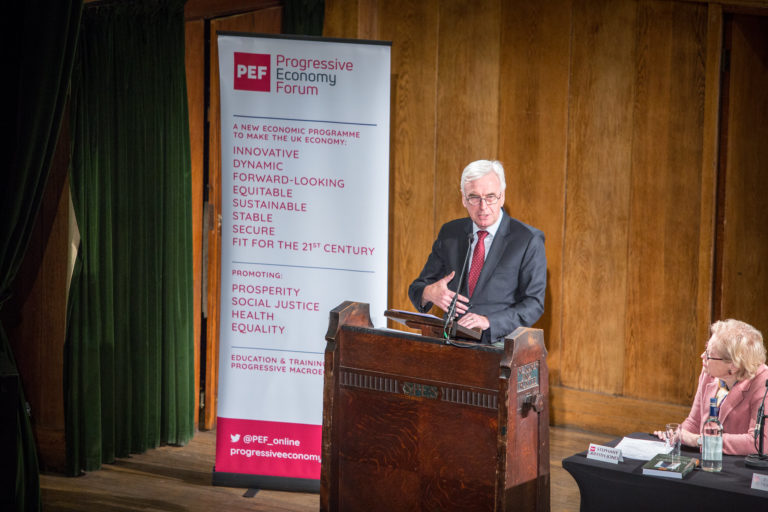
The case for a National Investment Bank
“The United Kingdom is an outlier amongst developed and emerging economies, especially the most successful ones, in not having a national development bank.”

Why the world needs National Development Banks
“Support for national and multilateral development banks has grown worldwide in the decade since the global financial crisis. And the continued success of national development banks (NDBs), in particular, will be vital to achieve more sustainable economic growth in the future.”

Budget 2018: The PEF Council reacts
What should we take away from this year’s Budget? Our PEF Council react to Hammond’s announcements on Universal Credit, investment, growth and more.

The UK needs a National Investment Bank
The purpose of the national investment bank would be to increase lending and investing in sectors that are key for the country’s structural transformation.

